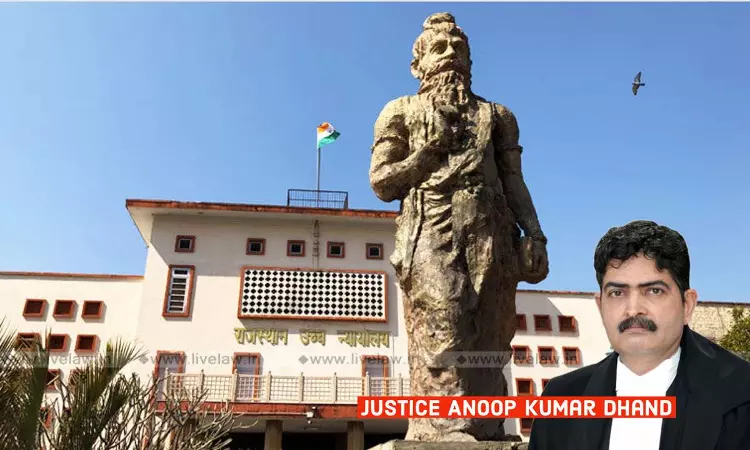Class 10 Marksheet Is A Public Document, Credible And Authentic As Proof Of Birth: Rajasthan High Court
Nupur Agrawal
26 Nov 2024 12:03 PM IST

Next Story
26 Nov 2024 12:03 PM IST
Upholding the election tribunal's decision disqualifying a man from the post of Sarpanch as he had two additional children after cut off date, the Jaipur bench of the Rajasthan High Court reiterated that matriculation certificate (Class 10 mark sheet) is a public document and is credible and authentic as per Section 35 of the Indian Evidence Act. This is court said, was especially in light of...
